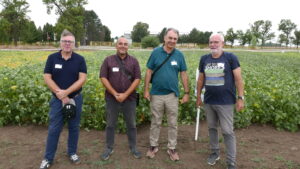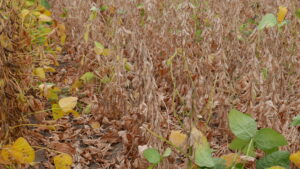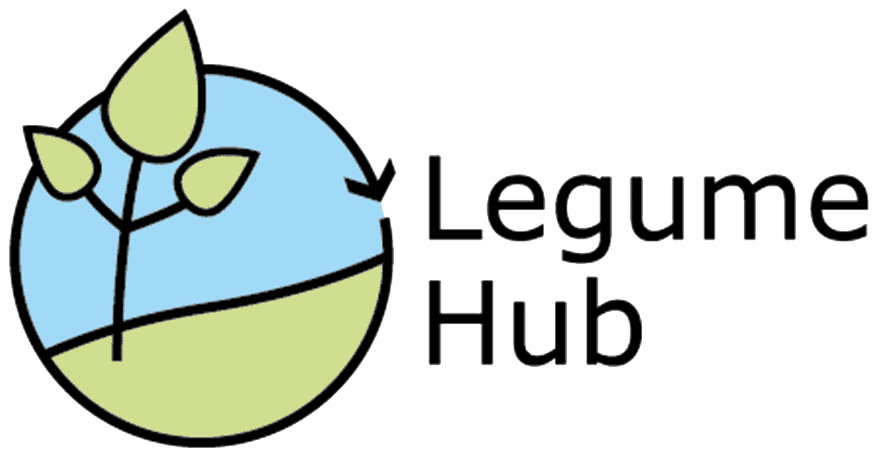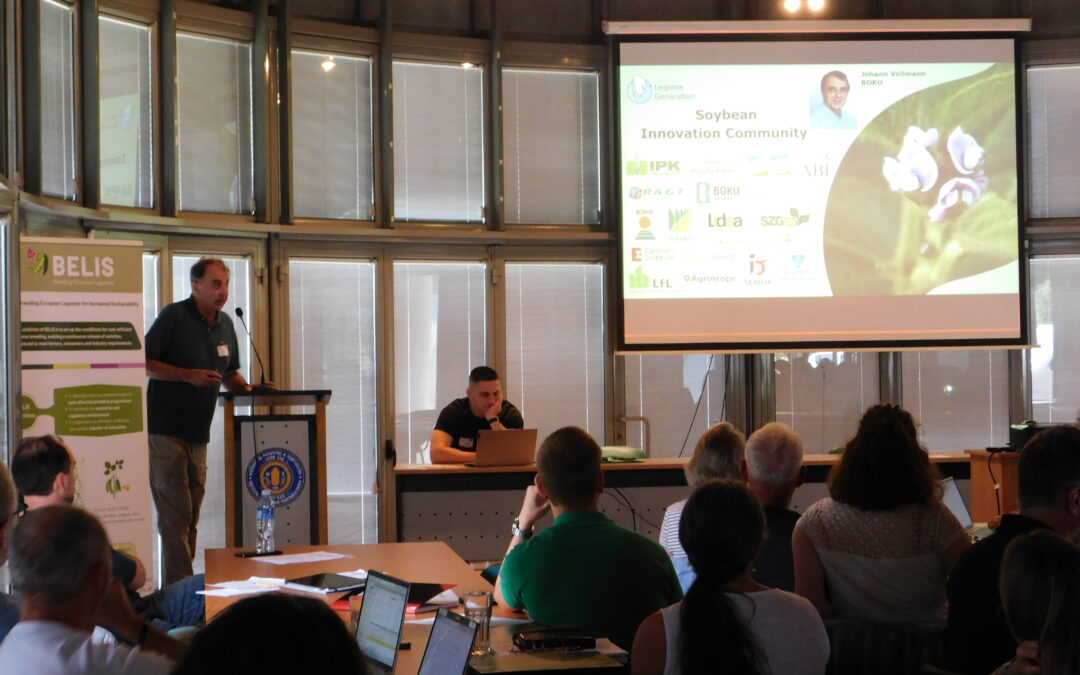On 10 September 2025, Johann Vollmann (BOKU) participated in the BELIS Stakeholder Day held in Novi Sad, Serbia. The event gathered researchers and stakeholders from across Europe to discuss the progress and synergies of legume research initiatives, particularly between the BELIS and LEGUME GENERATION projects.
The BELIS project focuses on seven grain and seven forage legume species, offering a broad approach to legume breeding and evaluation. While there is some overlap in species with the LEGUME GENERATION project, the two initiatives differ significantly in scope and methodology. BELIS covers a wider range of species – including chickpea and faba bean – and concentrates on breeding tools, disease resistance, and harmonised testing protocols. In contrast, LEGUME GENERATION involves fewer species but engages in deeper breeding research and the establishment of innovation communities that will continue collaboration beyond the project’s lifetime.
During the Stakeholder Day, BELIS partners presented several preliminary results:
-
KASP marker development in chickpea for ascochyta disease resistance screening;
-
Protocol development for disease screening and quality control, including spectroscopic (NIRS) calibrations for protein and fibre traits;
-
Drone-based phenotyping for biomass and flower head counting in red clover;
-
Comparative analysis of legume VCU testing protocols across countries to support harmonisation;
-
Development of a multispecies genotyping tool – a 60K SNP chip for pea, faba bean, white lupin, lentil and chickpea – expected to become available in 2026 for LEGUME GENERATION partners as well.
In his presentation, Johann Vollmann provided an overview of LEGUME GENERATION, highlighting the project’s innovation communities, early soybean results, digital phenotyping, and the soybean SNP marker panel. Participants showed particular interest in digital phenotyping, amino acid profiling, and genotyping technologies for soybean.
The discussions underlined the potential for cross-project collaboration: LEGUME GENERATION partners could benefit from BELIS genotyping options for certain species, while BELIS partners may use the LEGUME GENERATION soybean marker panel. A joint analysis of soybean diversity across both projects could offer a more comprehensive understanding of elite soybean cultivars in Europe.
An excursion to the Institute of Field and Vegetable Crops in Novi Sad concluded the event, where participants visited soybean demonstration plots affected by drought conditions, highlighting ongoing challenges for European legume cultivation under changing climates.




